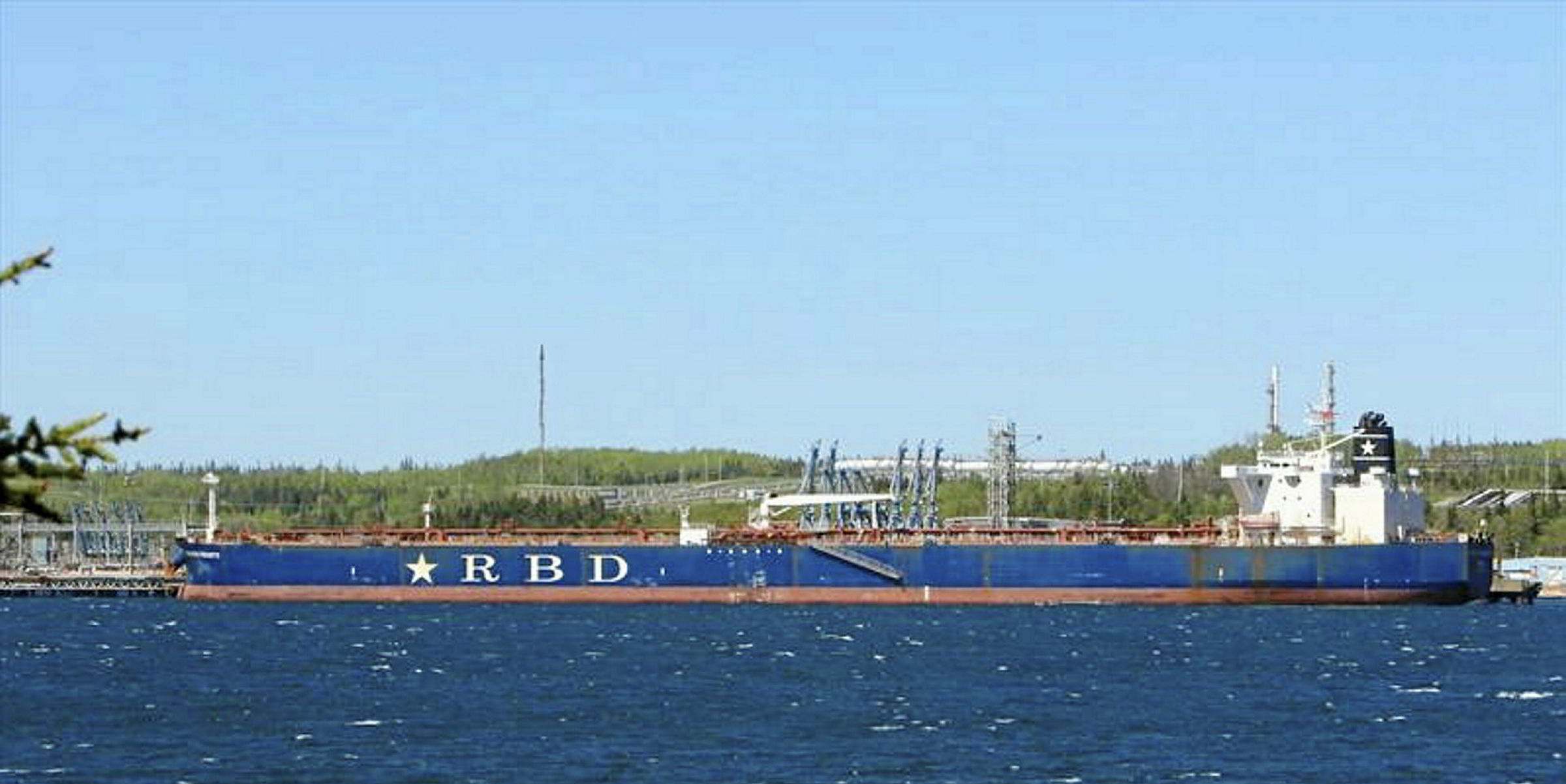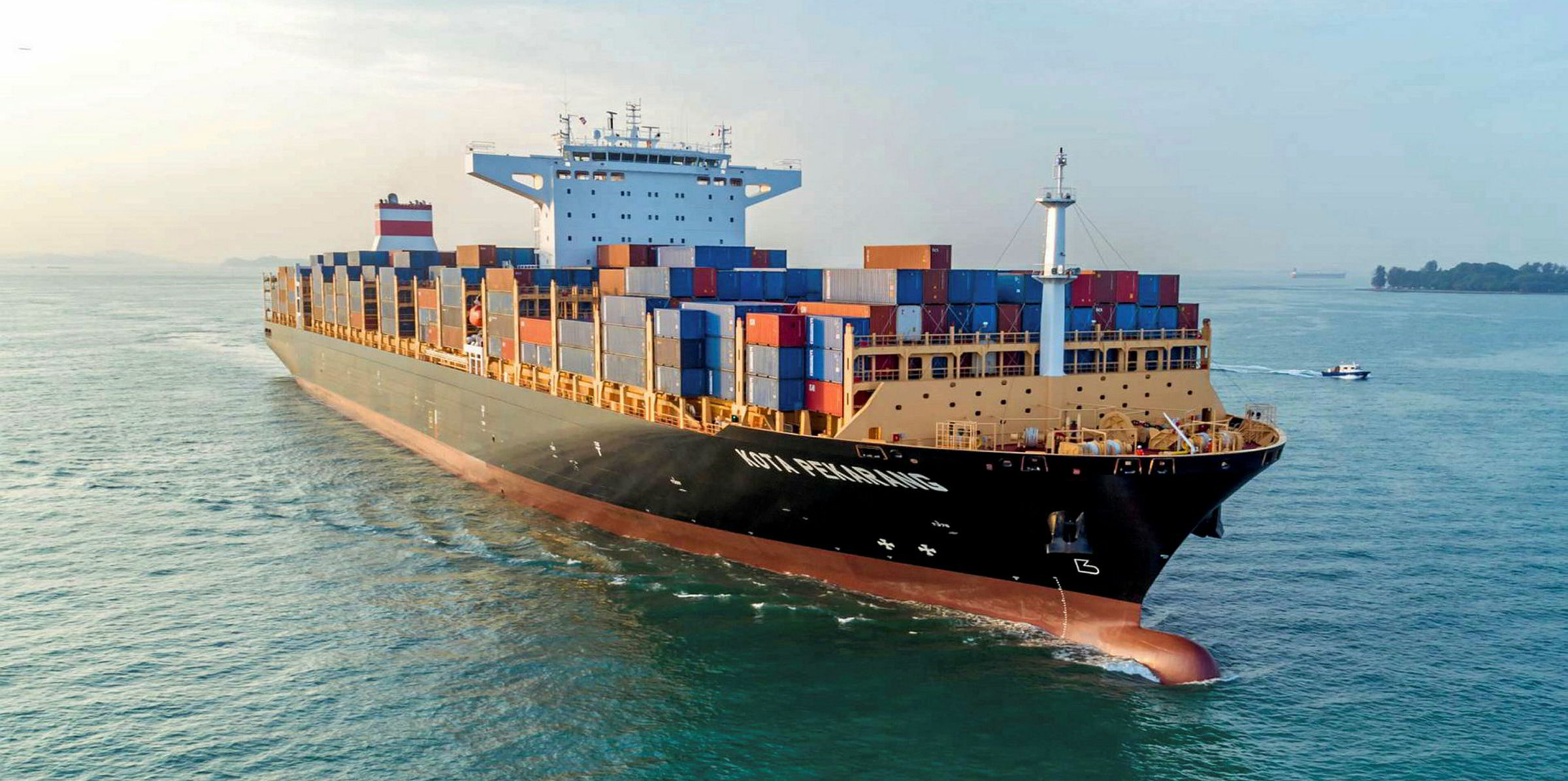Global broking giant Clarksons has said tough sale and purchase conditions seen in the second half of 2019 have been prolonged by the coronavirus outbreak.
The London-listed company said last year proved to be a "hard" one, with the uplift in transaction levels that it had become accustomed to in the second half of the year "unfortunately" failing to materialise.
The company is working on a number of transactions in 2020, following a strong start to the year in terms of rates, but owners have found it difficult to make decisions about committing assets as markets await to see how the Covid-19 epidemic plays out.
Dry cargo in general had a "poor year", the company said, with both earnings and values being flat, meaning "in essence that buyers had no incentive to buy and sellers at the same time were under no real pressure to sell".
Clarksons added: "Our transaction volumes across this sector were reasonable but there were no high capital deals concluded, so although we maintained our market share, the market itself shrank and our revenues therefore reduced."
Tanker strength complicates sales
Conversely, soaring freight rates for tankers meant that sellers were reluctant to offload ships at reasonable levels, with the result being that the only modern tonnage that was sold throughout the year was via public auction due to the bankruptcy of one specific fleet.

There are many ways you can engage with TradeWinds on social media.
· Click here to follow us on Twitter
· Like us on Facebook to get our updates by clicking here
This is believed to be a reference to Italy's RBD Armatori, whose fleet of 13 tankers and bulkers was split between Pillarstone and Reuben Brothers.
"Although we did act in some of these auction sales on behalf of our clients, liquidity in the large crude tanker sector especially remained very tight, so whilst values were indeed high, few significant transactions were concluded when compared to previous years," the broker said.
Boxships occupied a position somewhere between bulkers and tankers.
Earnings improved through 2019, but there was a lack of confidence from buyers to raise their bids, which sellers felt to be justifiable due to the upturn in freight rates, Clarksons said.
Buyers cautious
"With this sector being affected more than others by the impending new IMO 2020 fuel regulations as well as the US-China trade dispute, it was difficult to disagree with buyers' cautious approach and as a result, we witnessed a 40% drop in the number of sales concluded across all sizes," Clarksons said.
The broker said capital markets once again remained largely closed to shipping, "which meant that our traditional strength of acting for publicly quoted clients was not so much a factor and we derived little revenue from this area.

"At the same time, there were no large fleet mandates from either banks or liquidators, meaning we were unable to conclude any large, en bloc transactions."
But it said that despite all this, sale and purchase transaction volumes worldwide fell only slightly against 2018 levels and teams remained busy.
"However, with a number of high capital transactions having been agreed very late in the year and concluded in 2020, we start the decade optimistic that opportunities will prove more favourable going forward."
Focus on renewables
The company has been investing in renewables operations across its broking, financial and support business units.
"Further greenhouse gas and emissions targets in 2030 and 2050 provide a favourable long-term backdrop to our business as fleets evolve from low sulphur oil to other means of powering ships," Clarksons said.
"In order to reach the 2050 targets, we estimate that most of the world's shipping fleet will need to be replaced. Rates of scrappage will increase as the fleet evolves within the framework of these regulatory changes, improving the supply/demand dynamics."
The company took over Spanish broker Martankers last month, expanding its global reach.
The move fitted its strategy of operating with local expertise backed by its worldwide organisation, and the company remains keen to expand further.






